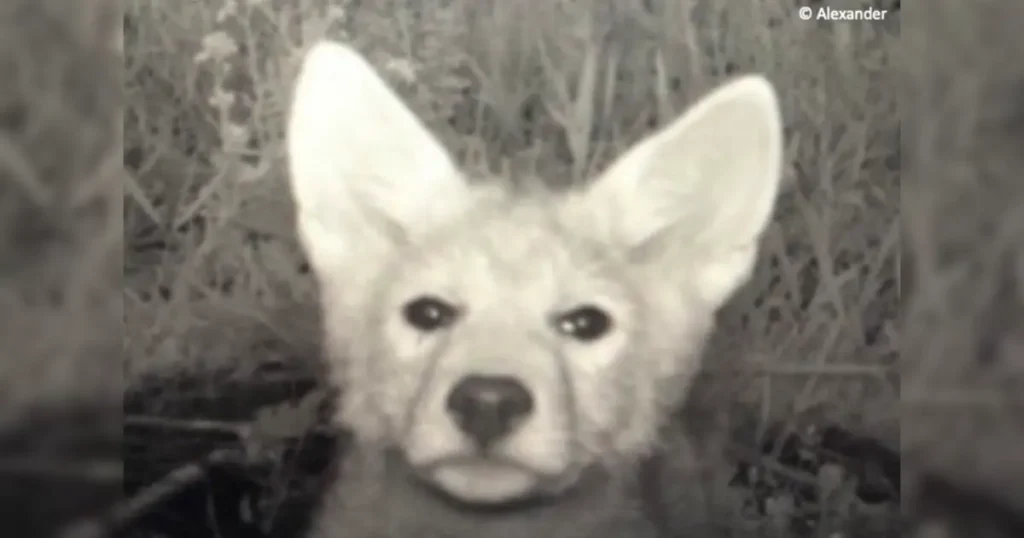
Coyotes are found across Canada in a range of habitats, including urban environments. They are often persecuted and misunderstood, and understanding people’s attitudes towards coyotes can inform and help promote coyote-human coexistence.
Caroline O’Connor received The Fur-Bearers Arts and Science Scholarship in 2022. This scholarship helped support her graduate research that looked into people’s emotions regarding coyotes. Caroline has successfully defended her Master’s Thesis and we are excited to learn more about her work to promote coexistence with coyotes. We asked Caroline to reflect on her research in the Q&A below.
Q: What is it about coyotes that sparks your interest in studying them?
Coyotes spark my interest because they are extremely adaptive, which can be viewed as admirable but also problematic to people. Because coyotes are legally labelled as a nuisance species in many provinces and states across North America, coyotes provide a window into how people act toward a species or what they see as appropriate management when there are limited restrictions on how many coyotes can be killed, when, and how.
Despite science showing that lethal methods are ineffective at alleviating human-coyote conflict, lethal methods are still frequently deployed. The preference for lethal methods used on coyotes can increase human-coyote conflict and decrease environmental health. Thus, I am interested in studying coyotes because of their adaptability and ecological role, as well as the polarizing perspectives regarding coyotes and the appropriate management of coyotes.
Q: How does your research contribute to the work on human-coyote coexistence?
My research contributes to the work on human-coyote coexistence by exploring people’s emotions toward coyotes and what influences these emotions. Existing research suggests that emotions are valuable to consider for human-wildlife coexistence because emotions influence individuals’ perceptions, memories, and behaviours regarding wildlife. Current research exploring emotions related to human-wildlife conflict and coexistence has primarily been fear-focused and has taken quantitative approaches to study human emotions and behaviours toward wildlife.
My research provides a qualitative contribution that examines people’s positive and negative emotions toward coyotes – not solely fear, what affects these emotions, and how these emotions relate to the approval of lethal and nonlethal methods used on coyotes.
Q: What is the impact you hope to achieve through your research?
I hope that by providing a qualitative component that explores positive and negative emotions, my findings provide insight into what influences individuals’ emotions toward coyotes and how these emotions relate to the acceptance of lethal and nonlethal methods used on coyotes.
My research helps identify knowledge gaps on coyote behaviour and the effectiveness of various management methods. The hope is that these knowledge gaps can help inform targeted educational materials that can be used to reduce human-coyote conflict and promote coexistence. Additionally, I hope this research can contribute to other studies that explore integrated solutions for people and wildlife.
To learn more about Caroline’s research, follow the Canid Conservation Science Lab’s Instagram at @canid_lab.
